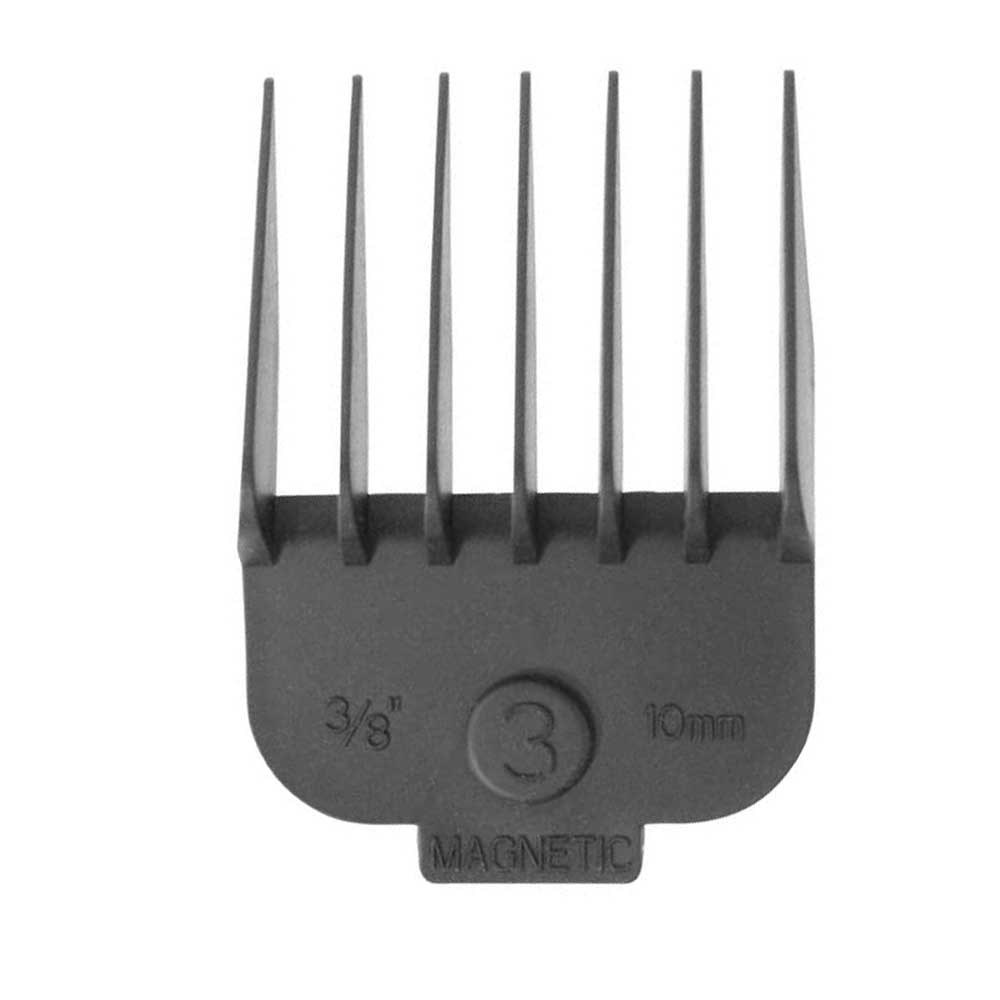
In fact, magnetic levitation technology in trains has been tossed around in the scientific community - and even proposed as an alternative to air travel - for decades. The "Hyperloop" would, according to Musk, "never crash, be immune to weather, go twice as fast as an airplane, four times as fast as a bullet train, and – to top it off – run completely on solar power." While this sounds like a too-good-to-be-true idea straight out of a science fiction novel, our friends at Business Insider believe that there's no reason the Hyperloop couldn't become reality with enough political and financial backing - but that’s quite the caveat.

Save this picture! A concept rendering for Aeromovel, a system Elon Musk cites as similar to his Hyperloop.

So what might the future hold for train travel? And, more importantly, how will it affect our cities and the people who live in them?įor more on the maglev train and the future of rail, read on. Last year, we reported that Elon Musk, CEO of SpaceX and co-founder of both PayPal and Tesla Motors, shared with the public his desire to patent a new mode of transportation - the “Hyperloop” that would get passengers from San Francisco to LA in only 30 minutes. High-speed rail has already revolutionized national and international transportation in many parts of the world - for example, China has a maglev that already goes 270mph - and now high-speed is transitioning into hyper-speed. The maglev train, standing for "magnetic levitation," will run between Tokyo and Osaka, an estimated distance of 315 miles, cost $64 billion, and be completed by 2045. Japan, inventor of the world's first bullet train, recently unveiled plans for an even faster and more radical train model: a floating train, powered by magnets, that will travel 100 mph faster than current bullet trains (about 300 mph). Sustainability and Performance in Architecture The Future of Architectural Visualization


 0 kommentar(er)
0 kommentar(er)
